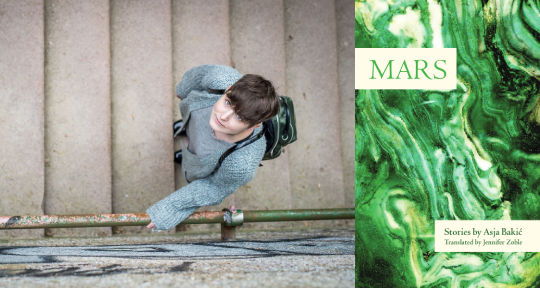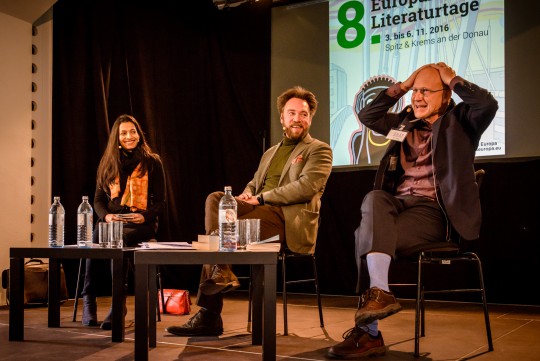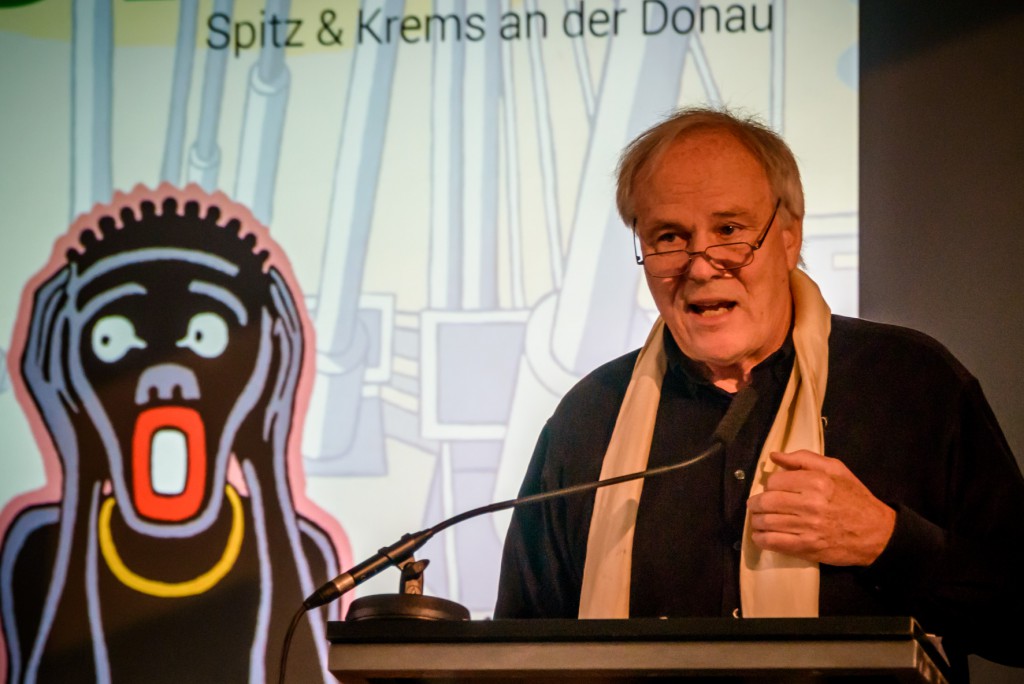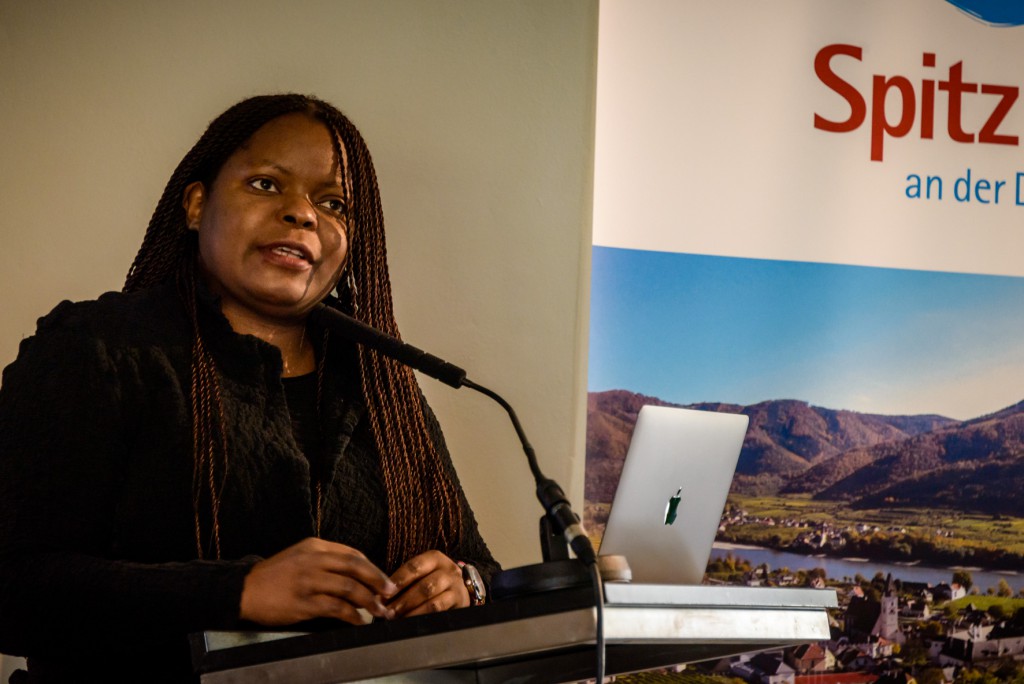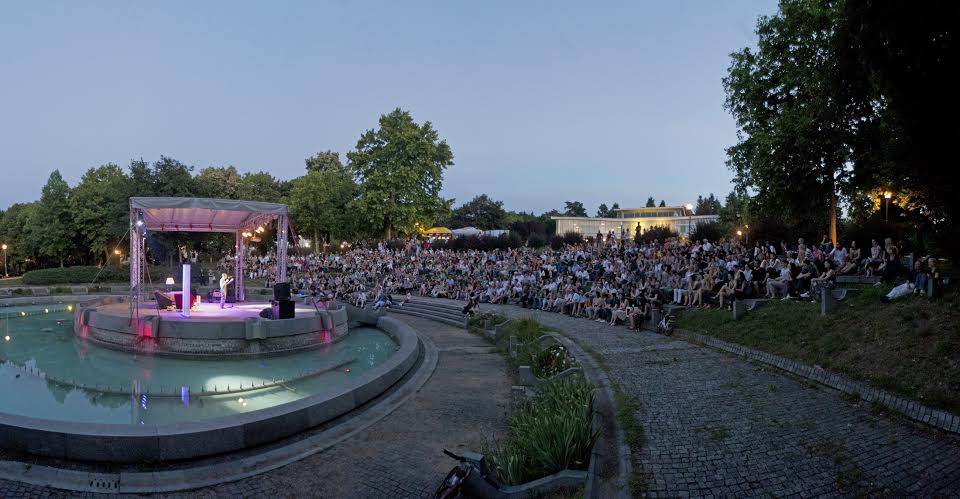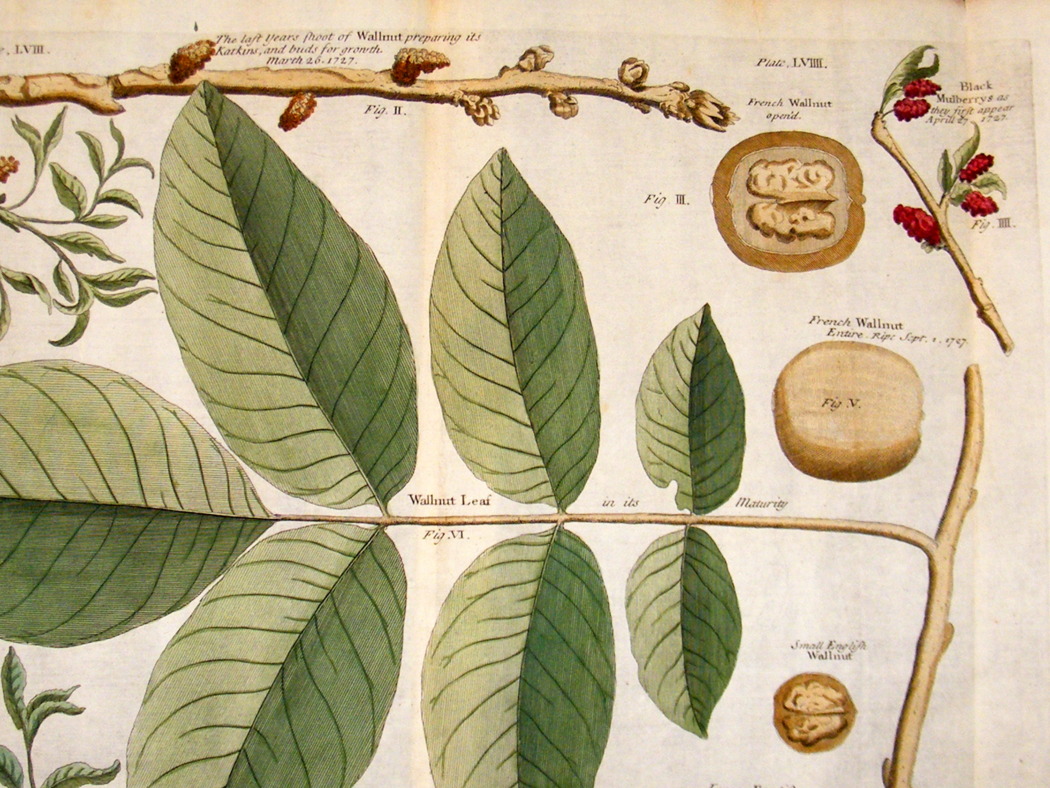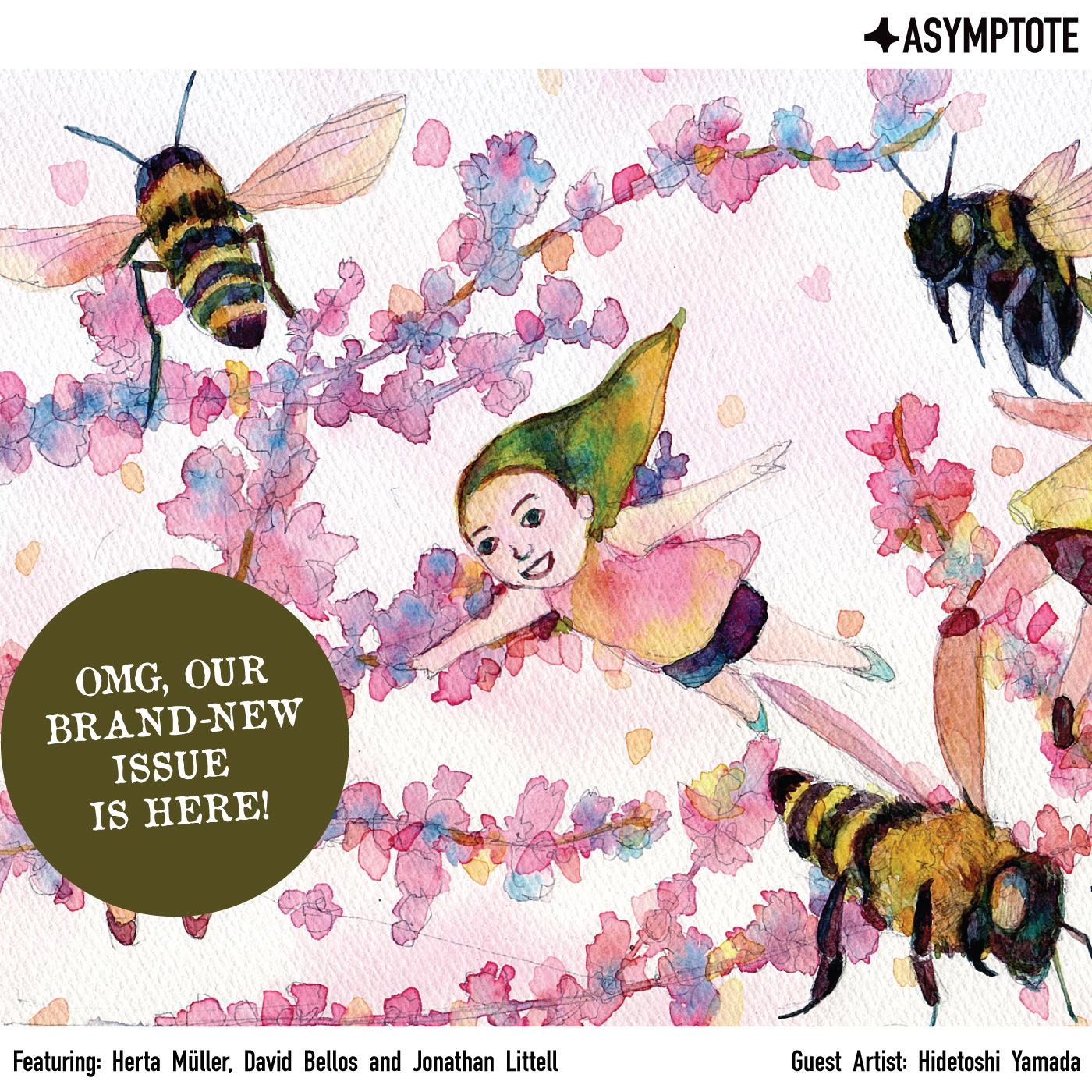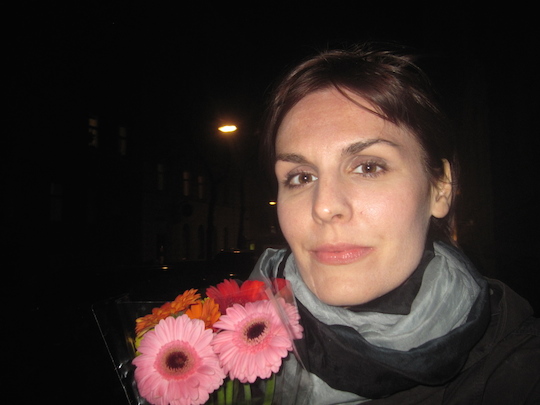October 2013 marks a turning point: for the first time since our debut, I am not editing at least five sections (as I have for each of the first eleven issues), only two (fiction and nonfiction). Ironically, my workload only increases. A larger team means more housekeeping tasks (some delegatable, some not): asymptotejournal.com accounts to create, staff dossiers to maintain, orientations to conduct, internal surveys to chase after, recommendation letters to write. Most of all, supervising so many new staff in a virtual environment proves a Sisyphean task. Some are not used to being held accountable to pledged hours; others, passionate though they may be about our mission, quickly realize that magazine work is actually rather gruelling. Morale during this transitional period is low, with more than a few recruits falling off the radar. Still, each time a personnel does not work out is a valuable HR lesson learnt, better than any management book can teach. On 6 September, the first-ever draft of our orientation manual is produced by then part-time Managing Editor Tara FitzGerald in close consultation with me and circulated among senior team members; on 23 September, a revised version is released to the entire team, now 45-strong. At 31 pages (as opposed to 66 in its current incarnation), this groundbreaking document represents a hopeful beacon of synced work protocol. Among the milestones this quarter: Poetry Society of America publishes an interview with me; we make our first appearance at ALTA; our daily blog (yes, this one!) is launched at the same time as the October 2013 edition, featuring, among others, an interview with Anne Carson and Robert Currie, and poetry by Wanda Coleman, who passes away—we note with great sadness—five weeks after said issue launch. A quick look at the first month’s blog offerings reveals: A new translation of Louis Aragon (via Damion Searls), a review of Karl Ove Knausgaard’s My Struggle, dispatches from International Translation Day in London and Frankfurt Book Fair, as well as Florian Duijsens’s inspired “Pop Around the World” column. As with the quarterly journal, then, we tried to set a high bar from the get-go. Here to introduce the Fall 2013 issue is contributing editor Ellen Elias-Bursac.
I first heard about Asymptote when my translation of an essay by Dubravka Ugrešić was published in the Fall 2011 issue, the journal’s fourth. But it was only with the Fall 2013 issue—and a short story by David Albahari which I’d translated from the Serbian—that I began an ongoing collaboration as a contributing editor.
I agreed to come on board because I was drawn to the extraordinary number of languages and literatures represented in each issue (17 in Fall 2013), the caliber and inventiveness of the editorial staff, and the ways the journal makes the most of its online presence by including both a recording of the work read aloud in its original language and the original text. (Have a look, here, for instance, at the Isthmus Zapotec of Natalia Toledo’s poems, or here, at Vyomesh Shukla’s poem “What I Wanted to Write” in Hindi.) I was also wowed by the stunning illustrations in every issue.
As a translator myself, I am always interested in reading what my peers have to say about their writers and the challenges they have faced. To demonstrate the many ways translators can talk to us through Asymptote, below I offer several quotes from their notes in the Fall 2013 issue. READ MORE…



